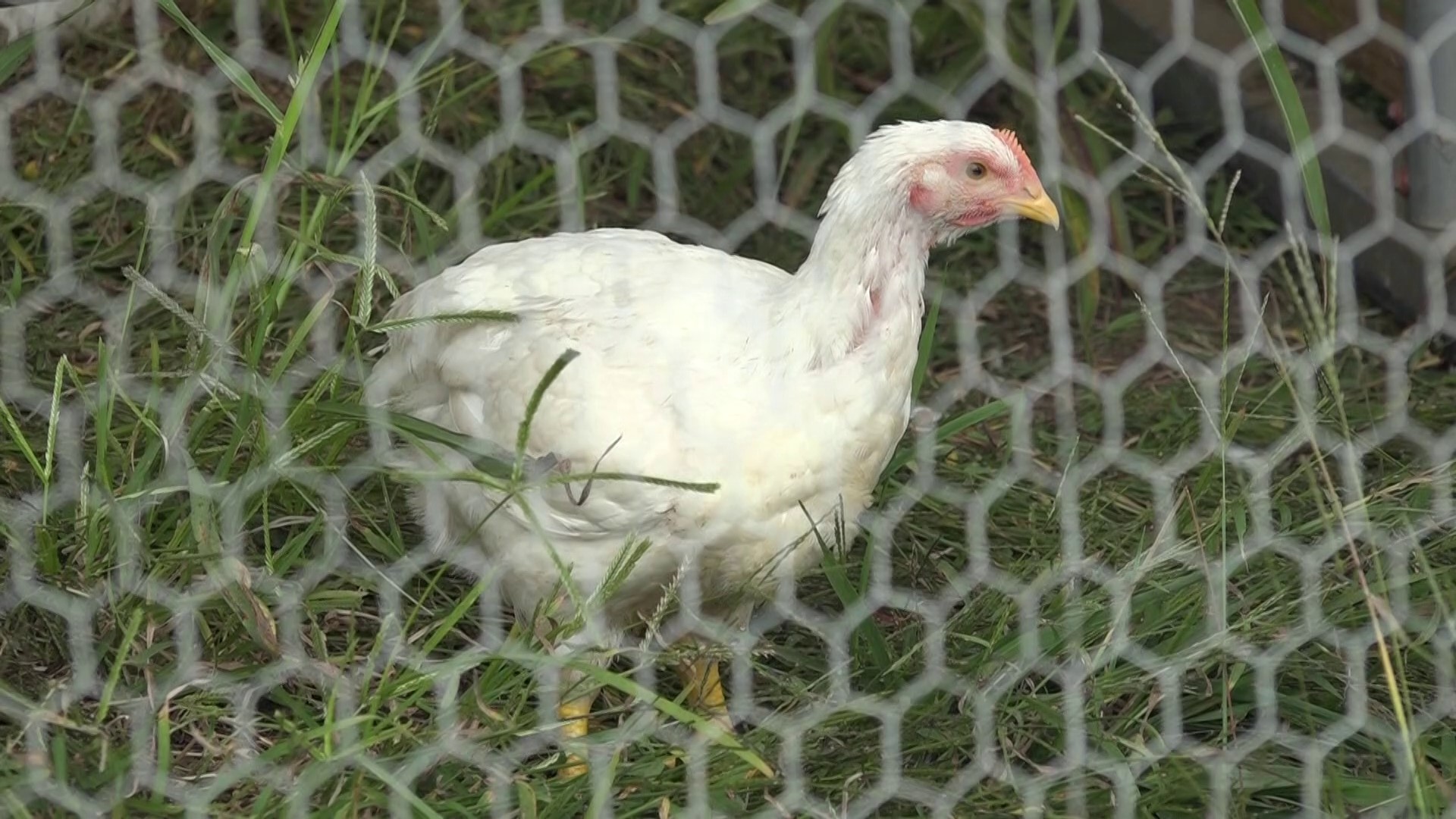FAYETTEVILLE, Ark. — According to the Center for Disease Control and the U.S. Department of Agriculture, the current outbreak of bird flu is the worst in U.S. history.
Cases have now surpassed 52.4 million - the last outbreak to top 50 million cases came in 2015.
"I think right now, where we typically will go anywhere from three to five years in between outbreaks, we could potentially go year-to-year with outbreaks," said the Director of the Livestock and Poultry Division for the ADA Patrick Fisk.
Fisk says the biggest threat to commercial and backyard flocks is exposure to wild birds. Biosecurity measures tend to mitigate risk to commercial operations, but contaminated equipment, packaging, or improper cleaning of clothing and shoes remain issues.
For backyard flocks, exposure to drinking sources and free-range risk of contact with wild birds can cause the virus to spread.
Bird flu is under the influenza type A virus family, made up of two proteins, Hemagglutinin (H) and Neuraminidase (N). The greatest concern is variants H5, H7, and any highly pathogenic virus. The current strain, H5N1, is leaving experts scratching their heads.
"This has been the most unpredictable strain that we've seen," explains Fisk. He goes on to say this particular virus has, "mutated somewhat and become a little bit more potent than what we have seen in the past. The virus here has been what we call 'popcorn'. It may affect two houses and the other three or four, with no symptoms or signs whatsoever on the same premises."
With bird flu season typically ranging from December through March, the record number of cases through November is a concern.
"We have not had a week that we didn't have cases, throughout somewhere in the United States from January to now, and it's very unusual, we've never suffered that," says Fisk.
Currently, the USDA has confirmed the detection of positive bird flu cases in 46 states across the nation. Two instances in Arkansas have been detected since the start of the year. One in Madison County, a commercial operation with 56,000 birds infected. The other was in Pope County, where a backyard flock of 470 was infected.
In Oklahoma, four counties have had positive cases. Cleveland, Creek and Tulsa counties with 50 or less. However, Sequoyah County had 13,800 cases throughout commercial flocks.
In West Fork, Gary Tucker of CLEMTUCK Farm is thankful their small farm has not been impacted.
"We have not had any problems, no loss in our flock," said Tucker.
But he continues to remain cautious of the virus and the impact it can have financially.
"We buy our chicks from hatcheries. We receive them as day-old chicks, but if avian flu were to hit the hatchery industry, then, you know, we may not have access to chicks at all," says Tucker.
CLEMTUCK Farm is a pasture-based farm, allowing its chickens to roam freely. A risk says Fisk, but providing some sort of covered shelter reduces that risk.
Bird flu not only affects the respiratory system of birds but lives within the gut, and is easily transmissible by fecal matter.
Providing covered shelter for poultry, using dedicated clothing, shoes, and quarantining any new bird to a flock for a minimum of three days can reduce the risk of spreading the virus.
There is no cure for bird flu, and as numbers rise, there is a concern it can impact consumer pocketbooks, driving up the cost of poultry and limiting supply.
"It's something that I think all consumers have a legitimate reason to be concerned about," says Tucker.
Fisk says some reports of bird flu have been found in mammals, but it is not transmissible to humans. Only one case of a person with bird flu has been documented since 2021 according to the CDC, but that case was found to be due to environmental exposure to improper safe handling practices.
"There is no fear at this point of any zoonotic, we don't consider this zoonotic as we've not had any cases whatsoever of humans contracting, or testing positive for the virus," explained Fisk. "There's no danger, there shouldn't be any kind of panic whatsoever."
Symptoms and signs of a sick bird include diarrhea, loss of appetite, gasping, or even a bird wild or domestic acting confused. Any bird that might be sick should not be handled, instead, Fisk urges people to call the Arkansas Department of Agriculture for assistance.
Download the 5NEWS app on your smartphone:
Stream 5NEWS 24/7 on the 5+ app: How to watch the 5+ app on your streaming device
To report a typo or grammatical error, please email KFSMDigitalTeam@tegna.com and detail which story you're referring to.

